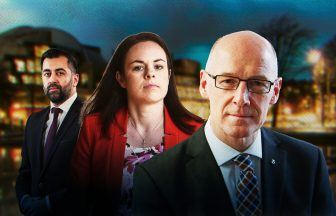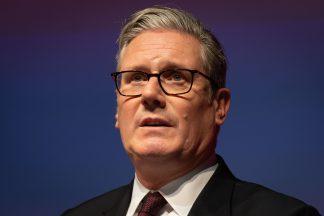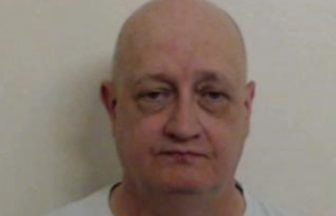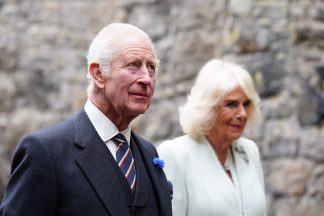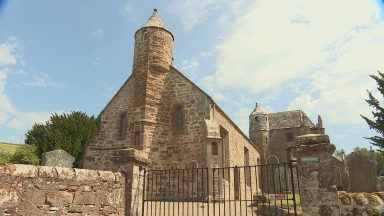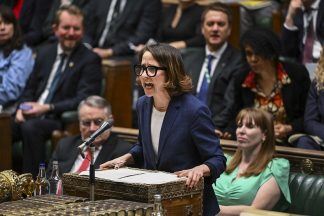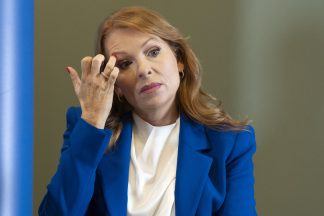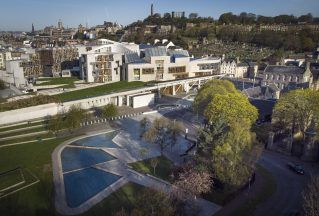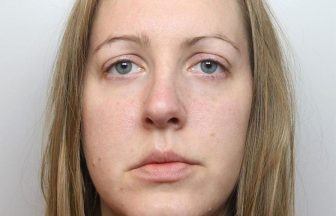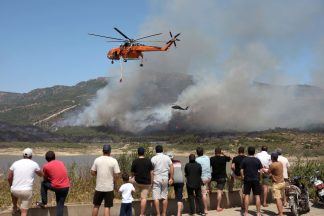Humza Yousaf announced on Monday that he will step down as Scotland’s seventh First Minister, paving the way for the country’s third leader in two years.
Less than 12 hours after his resignation speech, the SNP began the process of electing a new party leader.
Nominations are now open until May 6 meaning the race to replace Yousaf and grab the top job is on.
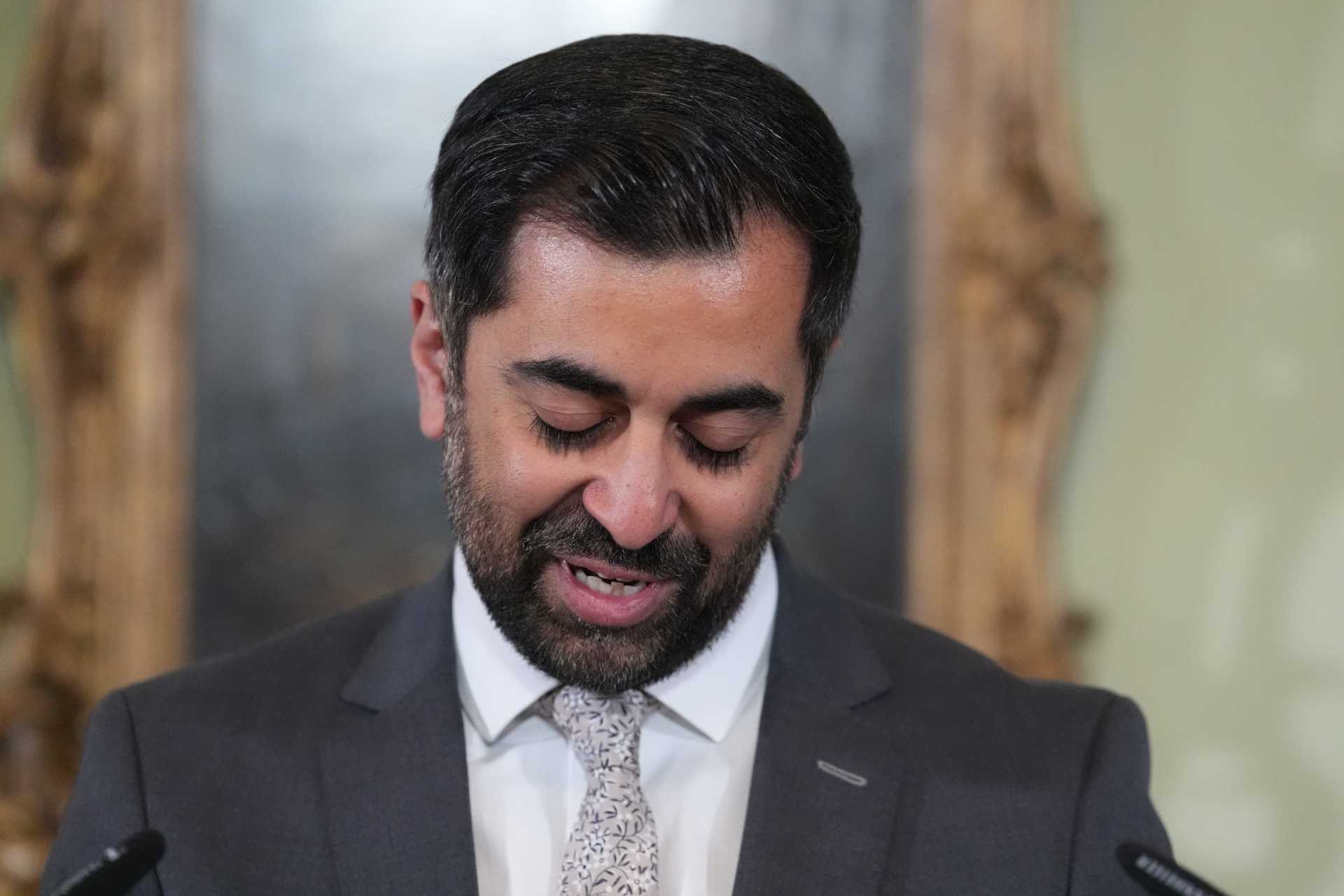 PA Media
PA MediaHow is an SNP leader elected?
It’s extremely likely, though not inevitable, that whoever wins the SNP leadership contest will become Scotland’s seventh first minister.
Nominations opened at 11.59pm on Monday, around 12 hours after Yousaf revealed he would step down, and will be closed the following Monday.
The process is expected to be very similar to the leadership race last year.
Candidates were required to get at least 100 nominations from across a minimum of 20 local party branches.
If only one person puts themselves forward and meets the above criteria, as happened with Nicola Sturgeon, they will become the SNP leader.
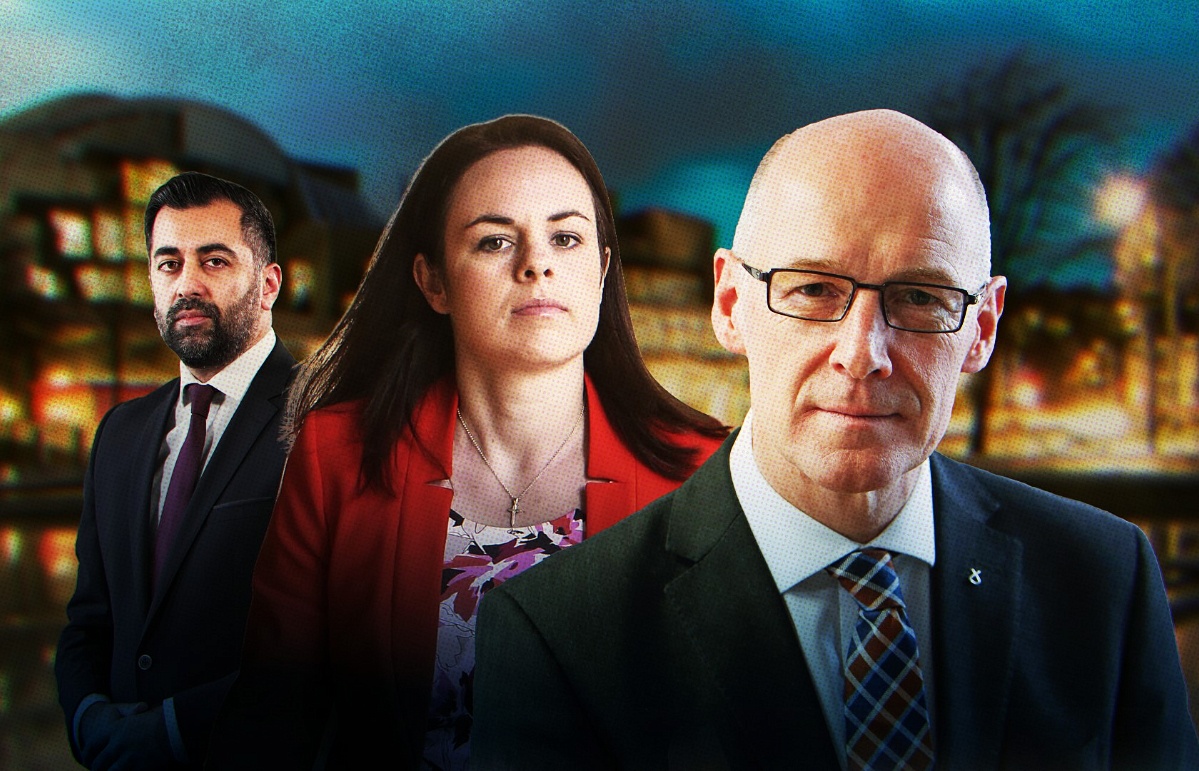 STV News
STV NewsIf more than one person puts their name in the ring though, a leadership contest will take place.
Next, we can expect party hustings to take place, some of which may be televised.
STV’s televised debate last year made headlines across the country following a clash between Kate Forbes and Yousaf.
When SNP members cast their ballot, they will do so using the single transferable voting system, which means they will rank their chosen candidate in order of preference.
The process last year, from Sturgeon announcing her resignation to Yousaf formally becoming FM, took around a month and a half.
How is the first minister elected?
Once the King has accepted the First Minister’s resignation, Parliament has 28 days to elect a new one.
Because Yousaf is staying on as FM until a new SNP leader is elected, that 28-day period won’t begin until the leadership contest ends.
Whoever wins the contest will face the same fundamental issue that ultimately brought down Yousaf: the support of MSPs.
Unlike in the party contest where SNP members vote for a leader, in Scotland MSPs vote for the first minister.
The SNP has 63 out of Holyrood’s 129 seats, meaning they need the support of some opposition MSPs.
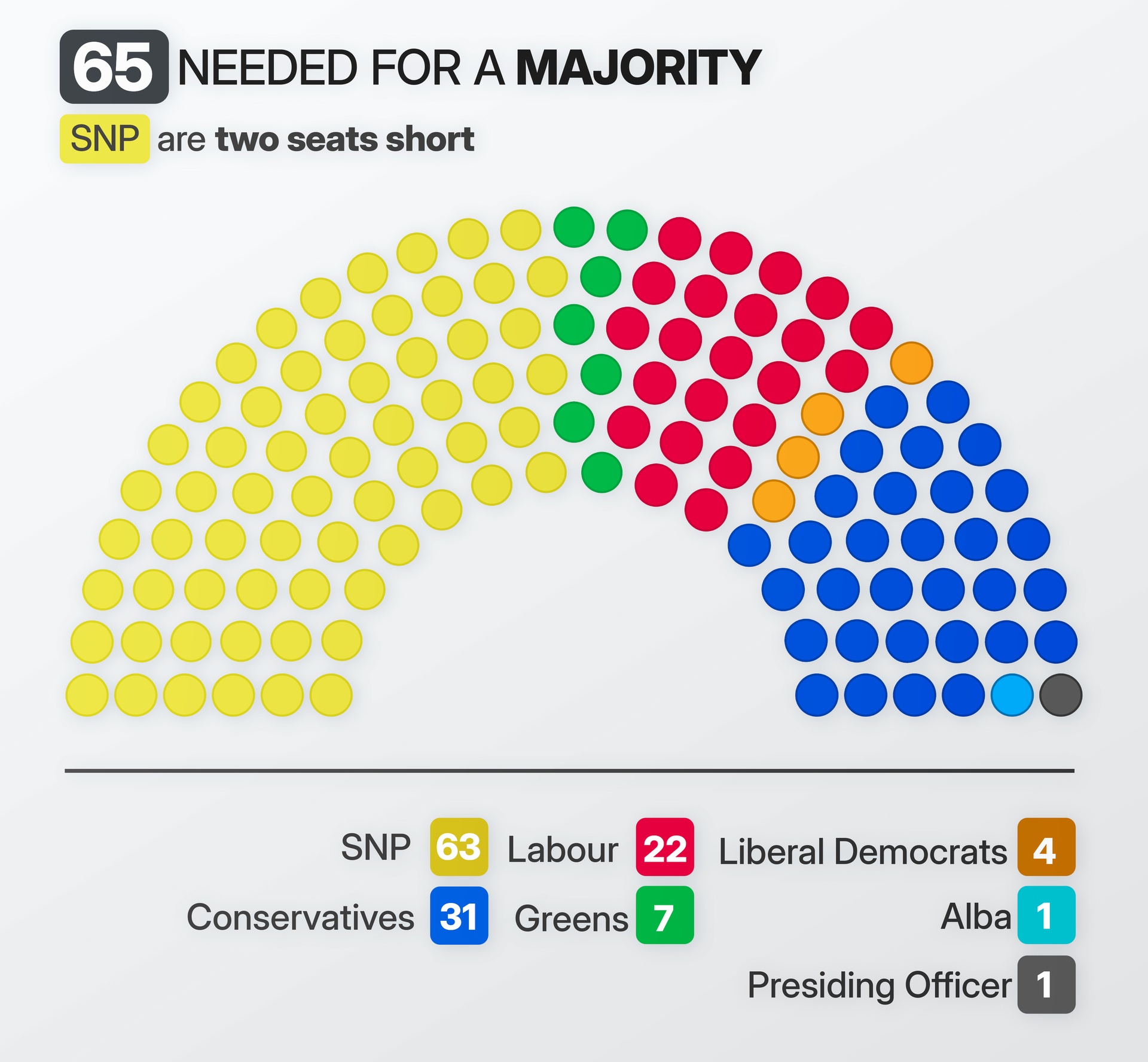 STV News
STV NewsIn recent times this has come from the Scottish Greens – and is the exact reason why the SNP originally agreed to the Bute House Agreement with the party.
Given hostilities between the SNP, Labour and the Tories, Green support is likely to be key again.
In the Scottish Parliament, anyone can put themselves forward to become first minister, as long they are nominated by a fellow MSP and seconded by another.
If only one person puts themselves forward, a simple majority – more MSPs for than against – are needed for them to be elected.
But that never really happens.
Opposition parties often put their leaders forward, despite knowing they won’t win.
In that case, any candidate who secures more than 50% of the vote will become first minister.
If that doesn’t happen, the lowest performing candidate will be eliminated and the process will start again until only two remain.
Finally, whoever gets the most votes would become first minister.
The last official step is when the candidate is sworn in as leader.
They will take part in a short ceremony at the Court of Session in Edinburgh, take the oath of office, known as an “official declaration”, and pledge allegiance to the King.
Will there be an election?
If parliament cannot reach that point and fails to elect a first minister within 28 days of the King accepting the FM’s resignation, Holyrood will be dissolved and a Scottish election will take place.
Whether that happens depends on if enough opposition MSPs lend support to the new SNP leader to become first minister.
However, even if a new election is held, MSPs face fundamentally the same issue – the FM must have some cross-party support.
Polls suggest a resurgent Labour in the polls, with a decline in votes for the SNP and Tories.
If that plays out at the ballot box, it’s likely that any future Scottish Parliament would require more cross-party support because the SNP is likely to lose MSPs, with no party gaining a majority of seats.
Cooperation will be needed either way.
Follow STV News on WhatsApp
Scan the QR code on your mobile device for all the latest news from around the country


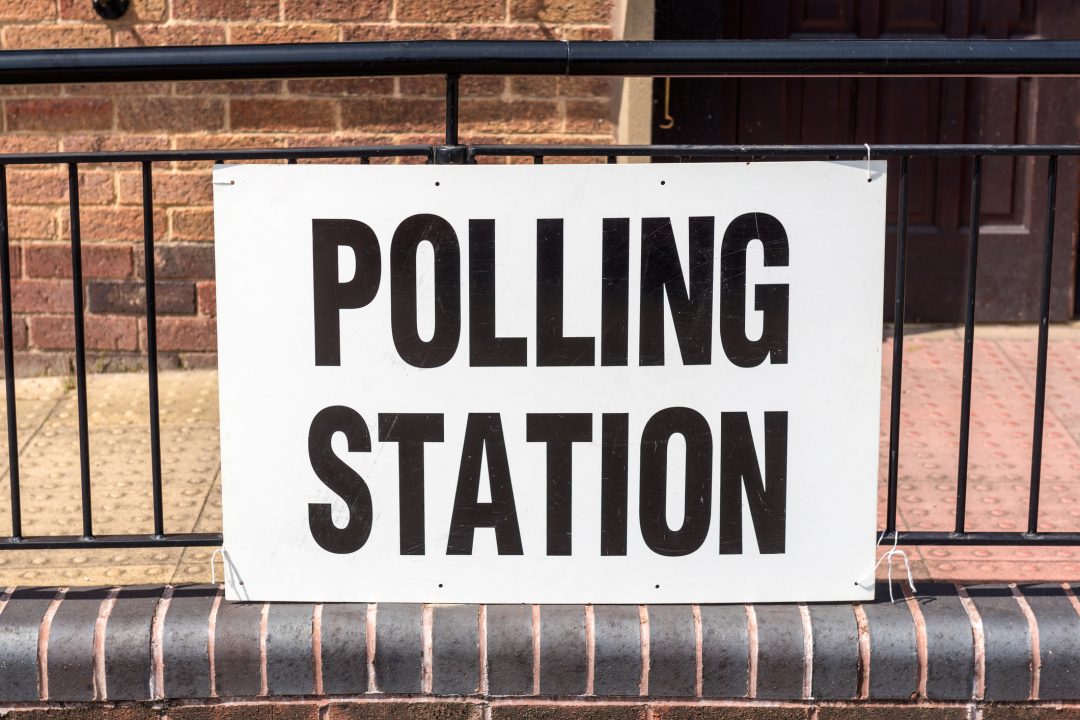 iStock
iStock